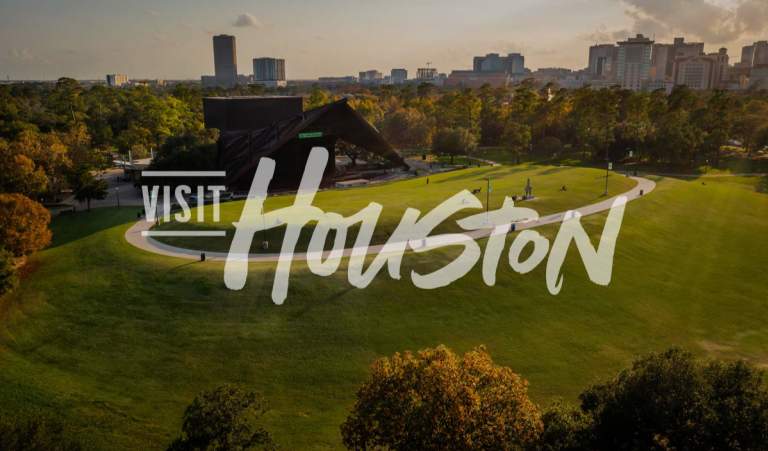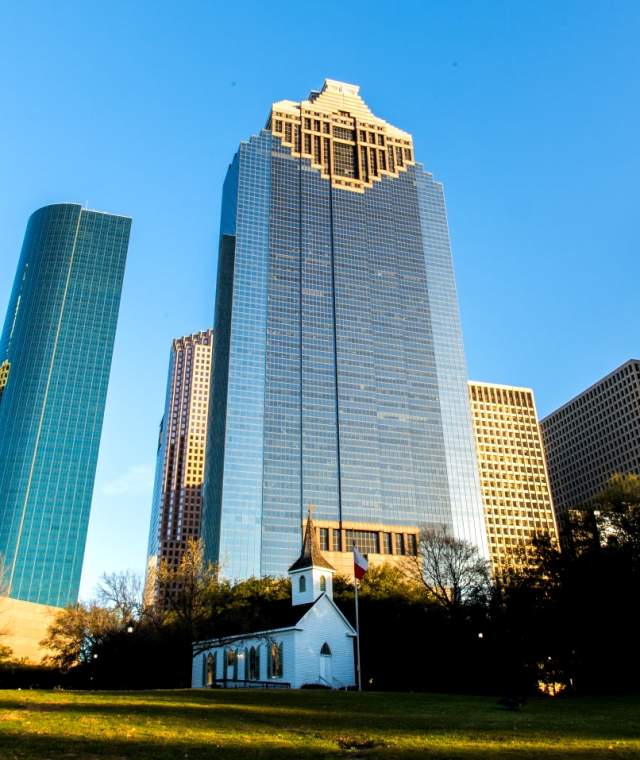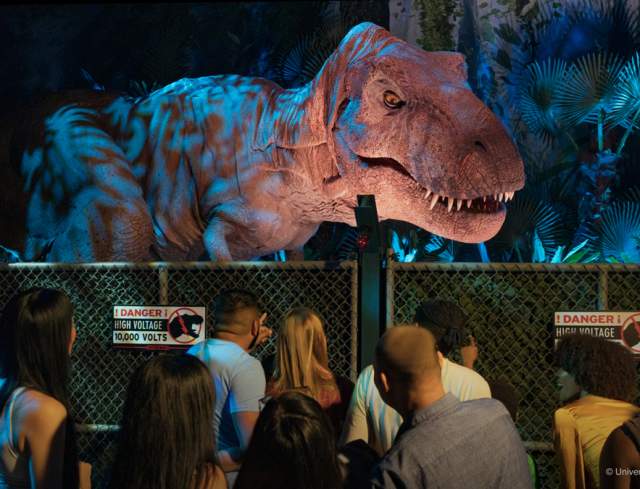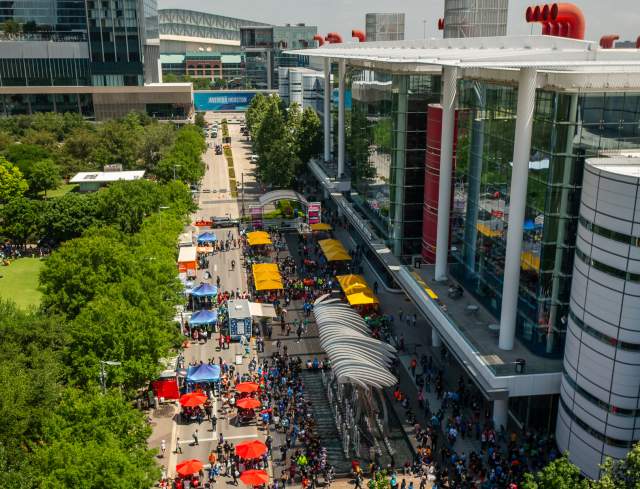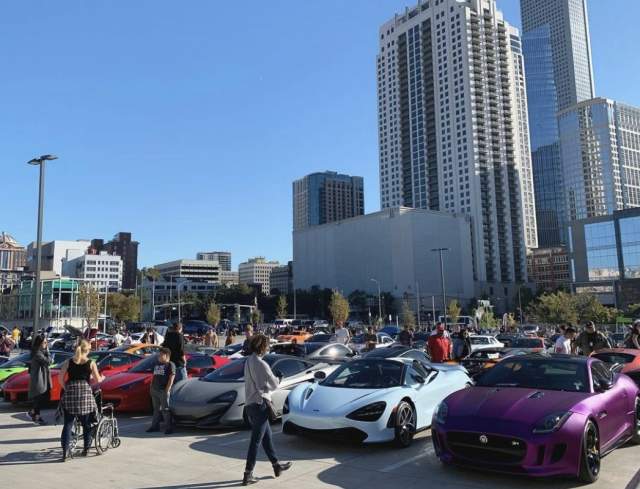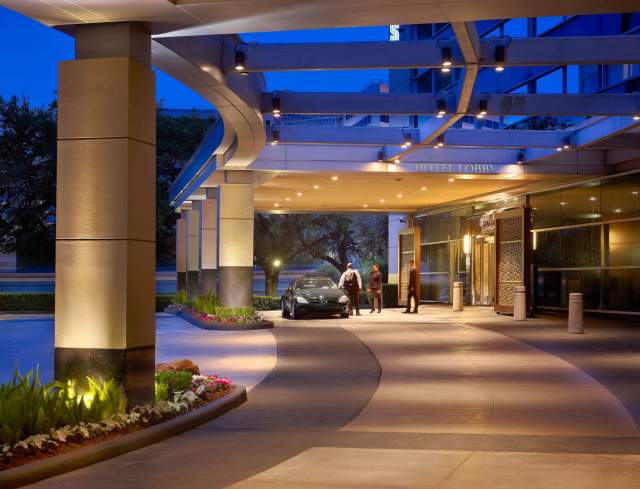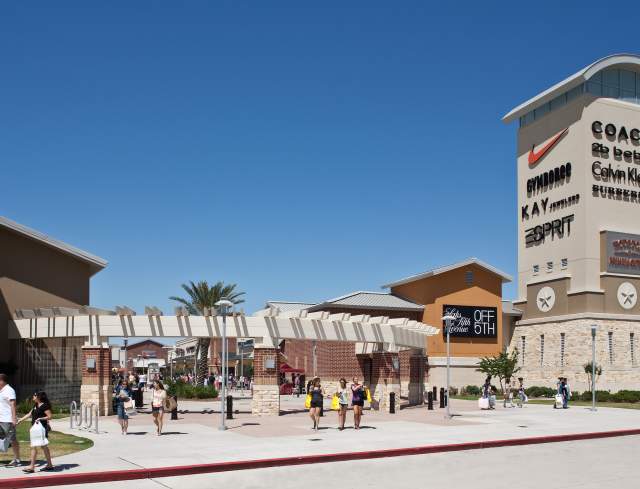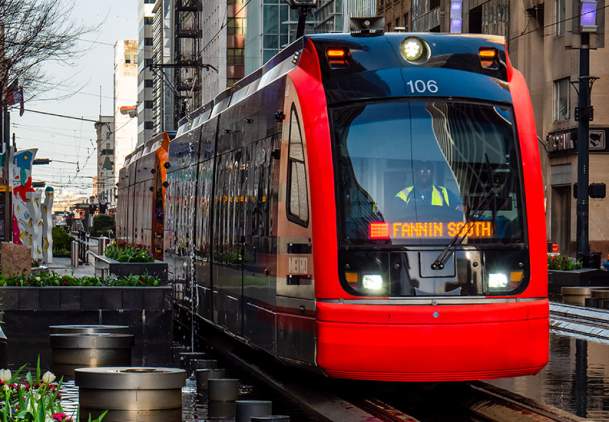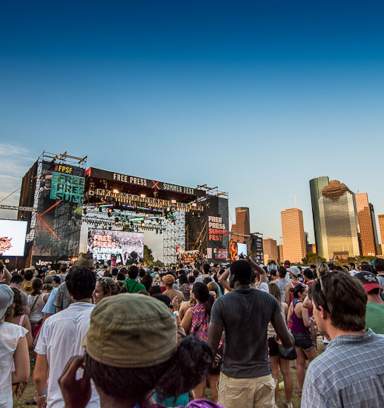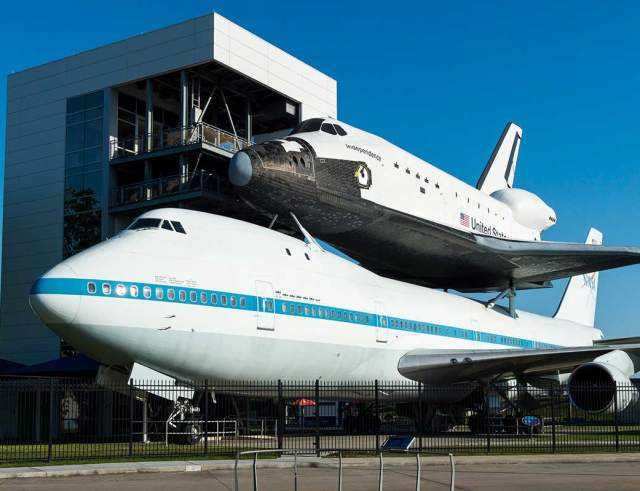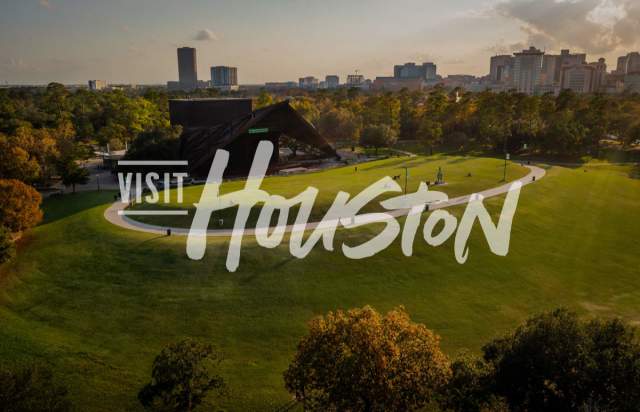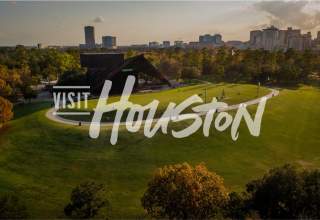The New Houston
From Industrial to Green Revolution
By Houston Sustainability Director Laura Spanjian
Bike Share kiosks in Downtown. Electric vehicle charging stations at the grocery store. Over 15 miles of new rail lines being constructed. Wind turbines and solar on rooftops. Solar-powered mini-offices at schools and parks. E-cycling and polystyrene foam recycling. Urban gardens surrounding office buildings. LEED-certified historic buildings. Complete Streets in urban neighborhoods. Accessible and recreation-oriented bayous.
What City is this you ask? The New Houston.
Innovation, creativity and a black gold rush spirit dominated industrial Houston at the turn of the last century - putting Houston on the map as an economic leader.
Today, Houston is at an historic juncture. Decision-drivers for the city and the region are no longer only economic. There is an emerging recognition that the city has the building blocks to be one of the most livable, equitable and sustainable places in the nation, and lead the next revolution: the green revolution.
What are these building blocks? Recently, Forbes Magazine placed Houston as the number one city for young professionals. And young professionals drive innovation and use new thinking to solve old issues. Houston has a business-friendly environment and a plethora of large companies conducting business in new ways. Houston has high average incomes and a concentration of graduates from elite colleges from across the country. Also, for the first time in thirty years, the Kinder Houston Area Study revealed a significant increase in the number of residents who support mass transit and prefer a less automobile-dependent, more urbanized lifestyle. And Mayor Annise Parker's forward-thinking and innovative approaches and initiatives are putting Houston on the map as a national green leader.
What's most exciting about Houston is that few people think it will lead the green revolution. But this sleeping giant is starting to awaken. Houstonians love a good challenge and love to save money.
At the turn of the last century, rich resources made Houston a national economic leader. At the turn of this century, rich resources will do the same. Texas has, by far, the largest installed wind power capacity of any U.S. state. The City of Houston capitalized on this and has been recognized by the EPA as the number one municipal purchaser of green power and the seventh largest overall purchaser in the nation.
The city has a robust partnership with the University of Houston's College of Architecture's Green Building Components Program. Their innovative faculty has designed the first movable solar powered office/generator, and the City, through a grant, has purchased 17 of these units for emergency preparedness and other uses. Houston also recently received two large grants to reduce the cost of solar for residents and test out new types of rooftop solar technology.
Houston does not only create cleaner ways to use energy, Houston actually uses less energy. The City knows about energy efficiency: over 80 City facilities are expected to achieve guaranteed energy use reductions of 30% with paybacks of, on average, less than ten years.
The City also wants energy efficiency to be part of the urban fabric of Houston. Through our Residential Energy Efficiency Program (REEP), led by the General Services Department, the City has helped 13k Houston residents weatherize their homes, resulting in 12-20% kWh reduction and $60-125 savings each month. On the commercial side, the award-winning Houston Green Office Challenge and the City's partnership in the DOE's Better Buildings Challenge are encouraging building owners and property managers to find innovative measures to reduce their energy and water consumption and decrease waste.
We also know that equally important to encouraging high performing buildings is looking at our codes. In January 2012, the City, with leadership from the Public Works and Engineering Department, set the bar high by adopting the Houston Residential Energy Code. This code makes Houston's standards 5% above the state code for residential energy efficiency standards, and also requires all new residential buildings to be solar ready. And Houston is poised to adopt another 5% increase above state code this year.
It's not just about energy efficiency. Houston also embraces green buildings. Currently Houston is number four in the nation in the number of LEED certified buildings with 186 certified projects. That's up from #7 just a year ago.
One of the most impressive pieces of the green revolution is the emphasis on public transportation and new transportation technologies. Under the leadership of METRO, Houston will soon have three new rail lines, adding over 15 miles to the system.
Houston is at the forefront of the electric car movement. Houston was one of the first cities to receive EV cars for a City fleet, which now includes 40 Nissan Leafs and plug-in hybrids. And with partners such as NRG launching the first private investment in public EV charging infrastructure, Houston is leading in electric vehicle readiness.
In addition to electric, CNG is offering cleaner, cheaper fuel for additional options: In a partnership with Apache, the Airport's new parking shuttles at IAH are being powered by natural gas.
With the launch of Houston B-cycle, the City's bike share program is now a reality with 3 stations and 18 bikes in downtown, with $1 million in committed funding to grow to 20 stations and 225 bikes by the fall of 2012. This grant-funded program offers a transportation alternative for citizens and will help address pollution issues, traffic congestion, and rising oil costs.
And the City, under the leadership of the Houston Parks Board and the Houston Parks and Recreation Department, recently won a $15 million highly competitive U.S. Department of Transportation's 2012 TIGER grant. This project will assist in eliminating gaps in Houston's bike grid: the project includes building 7.5 miles of off-street shared-use paths, 2.8 miles of sidewalks, and 7.9 miles of on-street bikeways.
And the dream and vision behind the Bayou Greenway project is becoming more of a reality. This proposed linear park system is unrivaled in its breadth and scope.
Finally, sustainability must encompass urban agriculture. The City Gardens and Farmers Market Initiative supports urban gardens and markets: the City has planted numerous new vegetable gardens (some of which are highlighted in First Lady Michele Obama's book, American Grown) and, with its partner Urban Harvest, has encouraged the sale and purchase of local food by starting a weekly farmers market at City Hall, with over 40 vendors.
In addition, the Mayor's Council on Health and the Environment created an obesity task force to look at the importance of healthy eating and exercise. The Healthy Houston initiative will review and implement sustainable food policies for Houston to create work, school, and neighborhood environments conducive to healthier eating and increased physical activity. And under the leadership of Councilmember Stephen Costello, Houston is working to minimize food deserts and increase food access.
These initiatives are helping to make Houston a growing, thriving, modern, green city of the future, a destination for visitors, a magnet for new residents and a city well positioned in the global market.
The New Houston is here, and it's on a roll.
This article first appeared on Chron.com.
Featured Events
Abstraction after Modernism: Recent Acquisitions
- May 3, 2024 - Aug 25, 2024
Asian Restaurant Month 2024
- May 3, 2024 - May 31, 2024
Girl from the North Country
- May 3, 2024 - May 5, 2024
Houston Livestock Show & Rodeo History Exhibit
- May 3, 2024 - Jul 31, 2024
The Sound of Music
- May 4, 2024 - May 12, 2024
Deals
Advance Purchase - Up to 25% OFF
- Valid: Sep 12, 2023 - Dec 31, 2024
Houston Getaway
- Valid: Sep 12, 2023 - Dec 31, 2024
Breakfast & Parking Combo Package
- Valid: Nov 7, 2023 - Dec 31, 2024
Breakfast in Bed
- Valid: Dec 2, 2023 - Dec 31, 2024
Park & Stay Package
- Valid: Dec 2, 2023 - Dec 31, 2024
Stay Longer & Save
- Valid: Dec 2, 2023 - Dec 31, 2024
FREE Digital VIP Coupon Book - Houston Premium Outlets
- Valid: Feb 1, 2024 - Jan 31, 2025
Save 50% at Top Attractions with CityPASS
- Valid: Mar 1, 2024 - Feb 28, 2025
Weekend Brunch at Riverhouse
- Valid: Mar 1, 2024 - Mar 31, 2024
BREAKFAST IS ON US
- Valid: Apr 1, 2024 - Nov 30, 2024
LIFE IS SUITE
- Valid: Apr 1, 2024 - Sep 9, 2024
PARK & STAY
- Valid: Apr 1, 2024 - Nov 30, 2024
Green Convention Facilities
How green is your convention? At Houston's major facilities, you can produce a more sustainable meeting or event. Read on to find out what these venues are doing to reduce…
Dining and Food
Did you know that food and packaging waste accounts for roughly half of what we throw away every day? It's not always easy to be eco-friendly when dining out, but you can make…
Green Things To Do
A number of Houston area attractions are striving to reduce their carbon footprint. From gardens to museums, these are the places eco-conscious travelers will want to visit.
Transportation
There are a number of things you can do to help limit your carbon footprint when traveling to and around Houston. Here are a few suggestions.
Experience Houston
Houston Signature Experiences
Houston's rich tapestry of history, culture and stories are vividly brought to life in a collection…
Air, Land, Sea & Space Pass
Take advantage of a one-of-a-kind pass that combines the best experiences Houston as the offer…
Houston CityPASS
Save 49% on admission to Houston’s top 5 attractions and skip most ticket lines with CityPASS…
Houston Brew Passes
Sip your way through Houston and taste new flavors and discounted beer flights from your favorite…
What's Trending
Dining
How to Celebrate Mother's Day in Houston
- 4 minute read
Mother’s Day is coming up on May 12. How are you celebrating? Houston is filled with options to spend the day. Here are a few of our…
Read More